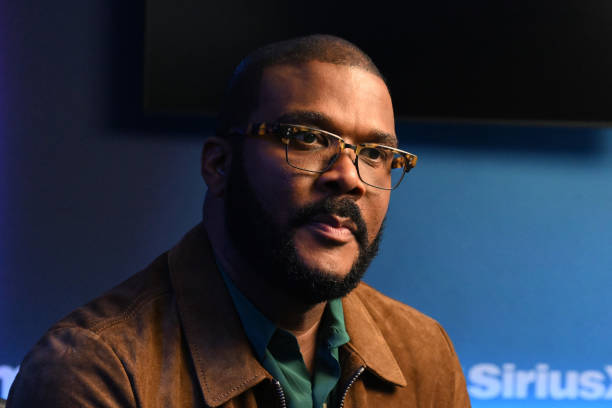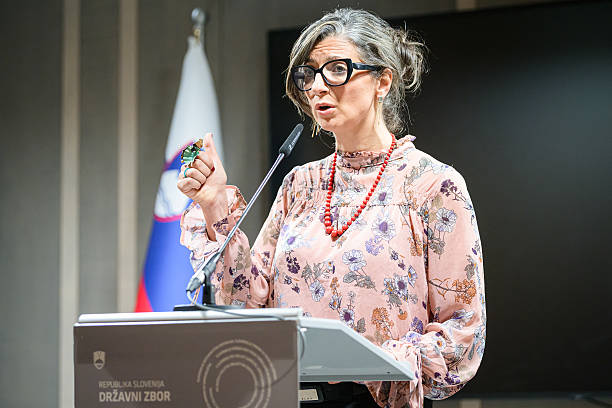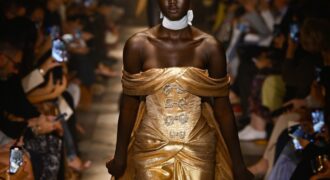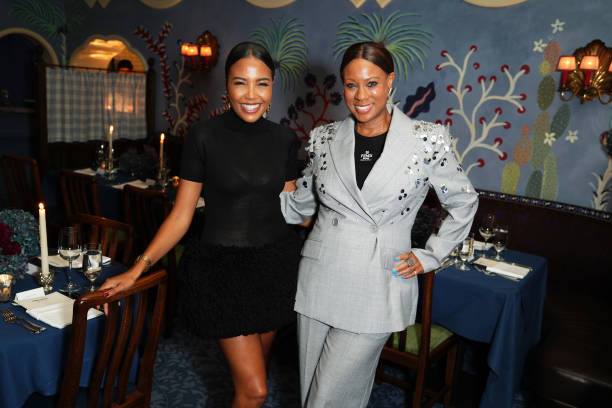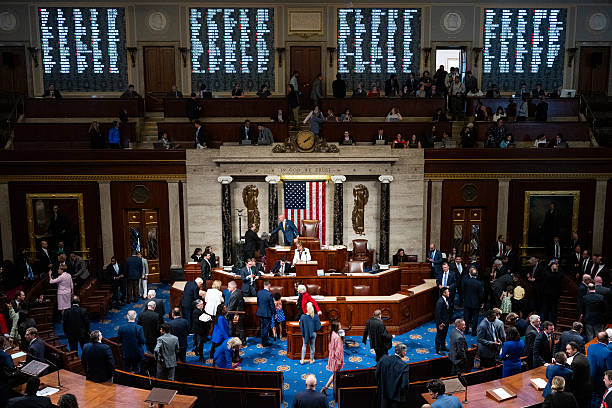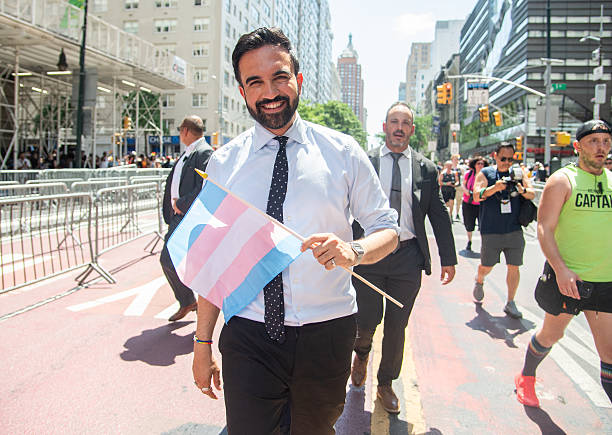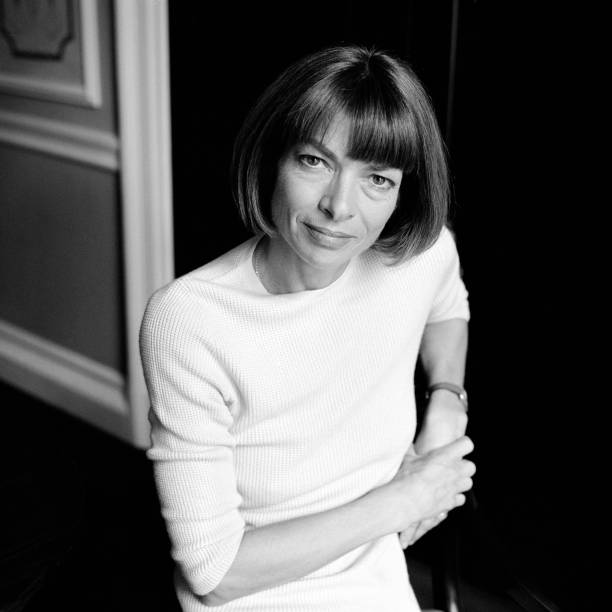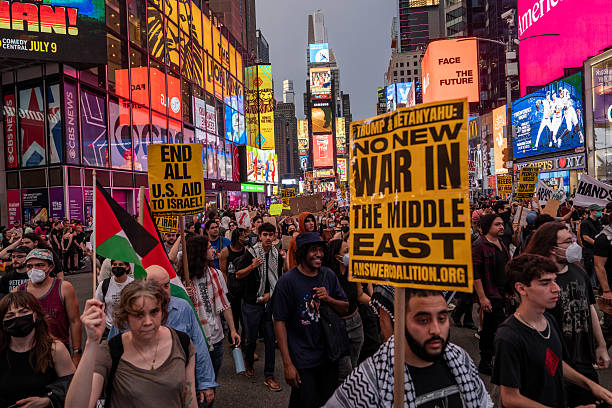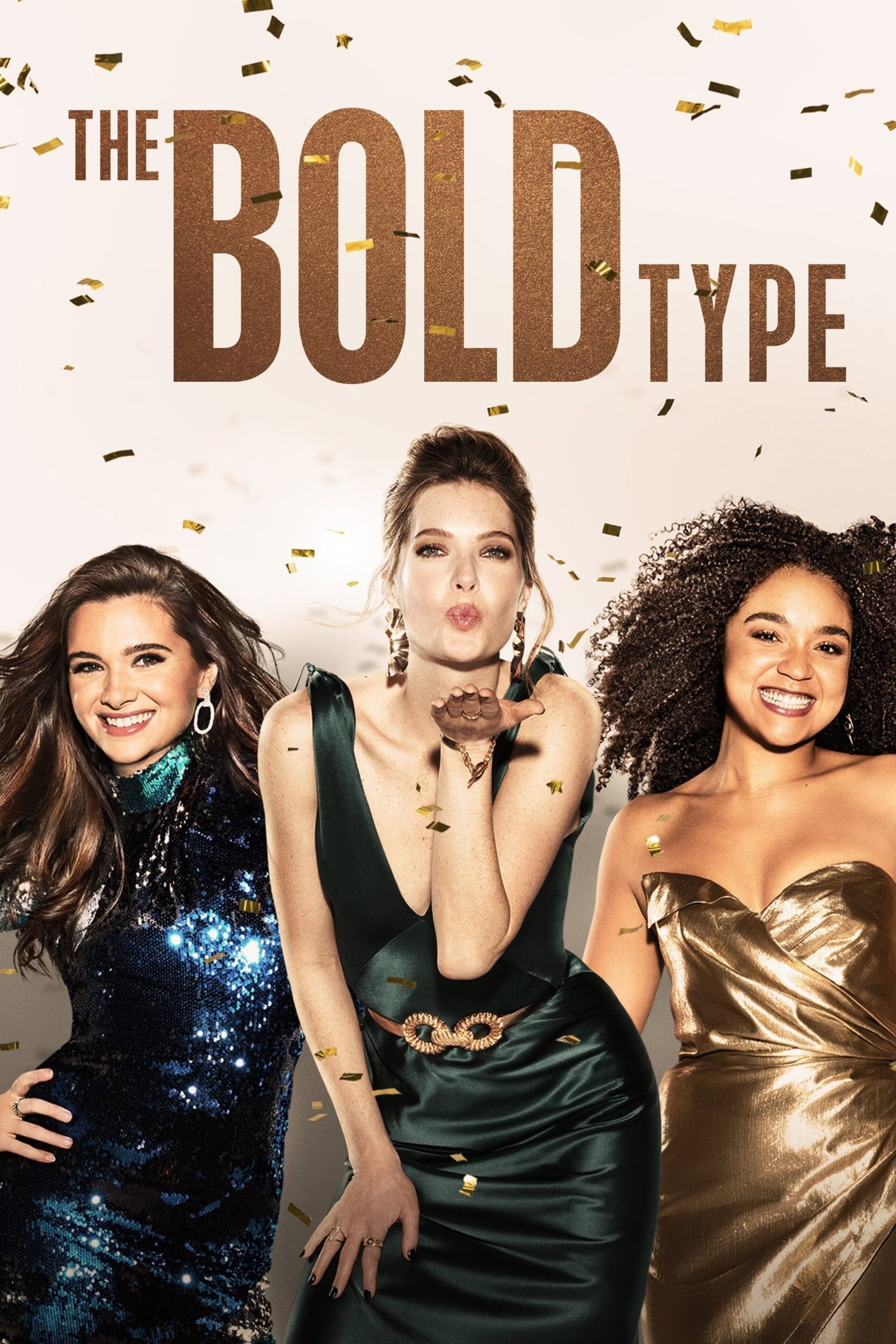By: Sahra Mohamed
Tyler Perry, a self-made billionaire who writes, directs, produces, and owns an entire media empire, is viewed as the epitome of success. Forbes estimates his net worth at around $1.4 billion, built on full ownership of everything he creates, from scripts to the 330‑acre Tyler Perry Studios in Atlanta. His empire has paid Black talent generously, as noted by Taraji P. Henson, Meagan Good, and Sherri Shepherd, who were given roles. Still, his storytelling has drawn criticism for reinforcing stereotypical portrayals of Black people, focusing on trauma and struggle instead of triumph and joy. With recent allegations and critiques, it’s time to ask: what if the power Perry holds comes at a much greater cost?
On June 13, 2025, actor Derek Dixon, known for his roles in BET dramas The Oval and Ruthless, filed a $260 million lawsuit in Los Angeles Superior Court, accusing Perry of workplace sexual harassment, assault, and retaliation. According to court documents, Perry allegedly coerced Dixon by sending sexually suggestive texts, entering his residence uninvited, groping him, and threatening to derail his career if he refused Perry’s advances. Dixon claims that rejecting Perry’s demands put his role, reputation, and income at risk. The lawsuit states he lost nearly $400,000 in earnings and suffers from PTSD. Perry’s legal team has dismissed the claims as fabricated and a scam. Dixon’s isn’t the first public accusation. Actor and writer Christian Keyes, known for his roles in Saints & Sinners, All the Queen’s Men, and Madea Goes to Jail, as previously alluded to inappropriate behaviors early in his career. He shared that he was asked to exchange sexual favors for roles. While he didn’t name Perry directly, many connected the dots, given Keyes’ past work within Perry’s productions. His comments reignited conversations around exploitation and coercion in spaces that present themselves as safe for Black talent. The fact that he spoke out without naming names is a reminder of Perry’s influence and the risks that come with challenging it.
Much of Perry’s success has come from his portrayal of Black women in distress, characters who collapse under betrayal, endure abuse, and are rescued through faith or redemption. From Diary of a Mad Black Woman to his most recent film The Straw, these narratives can feel emotionally draining and have faced pushback. Critics argue that Perry reduces Black womanhood to a cycle of pain, portraying strength only through suffering. In a conversation with The New York Times, Taraji P. Henson called out Hollywood for repeatedly underpaying Black actresses. This helps explain why many prefer working with Tyler Perry, where they feel better compensated and supported, even as his portrayals of Black women in cinema continue to face criticism. Among loyal fans, there’s fatigue with the repetition. The character names may change, but the arcs remain the same. In some cases, redemption arrives not through healing, but returning to the same harm that broke the character in the first place. Perry has defended this approach as speaking directly to the Black church-going audience, insisting that he writes what they want. But what happens when those stories don’t uplift, but instead reinforce cycles of suffering and silence? In 2010, The Boondocks aired an episode titled “Pause,” which mocked Tyler Perry through the character Winston Jerome, a flamboyant, churchgoing playwright who runs a cult-like theater company and uses his influence to manipulate young male actors. The episode was so provocative it reportedly caused tensions between Perry and the network, and was eventually pulled from rotation. In hindsight, the satire feels less like comedy and more like a warning. It highlighted the risks of giving one person too much creative power without accountability.
For years, Perry has been the sole creator behind every aspect of his film and television productions. He famously writes, directs, and produces all of his own projects, avoiding collaboration, an approach that’s uncommon in the industry. In a viral 2020 Instagram post, he showed off stacks of scripts for multiple series with the caption “Work ethic!” However, Perry once fired an entire team of union writers after they pushed for representation through the Writers Guild of America. In fact, the Writers Guild of America West filed unfair labor practice charges with the National Labor Relations Board (NLRB), alleging that Perry’s production company, Tyler Perry Studios, unlawfully fired four writers in October 2008 in retaliation for their efforts to secure a union contract. Perry continues to defend his solo approach to storytelling, arguing that it maintains the unique voice of his brand. In another familiar case, Actress and Oscar-winner Mo’Nique has long alleged that Perry, alongside Oprah Winfrey and Lee Daniels, blackballed her after she refused to aggressively promote Precious without additional compensation. “I was labeled difficult,” she said. “And I was punished for it.” Her career stalled for years. As recently as 2024, during an interview with Shannon Sharpe, she continued to speak out about the damage caused by what she describes as blacklisting. This is the paradox of Tyler Perry: he built an empire to uplift Black voices through his own singular lens. His films have grossed over $660 million, and his studio has become a landmark in Atlanta, even hosting political events and awards shows. His 2019 deal with ViacomCBS, worth an estimated $150 million, reflects the immense corporate confidence in his brand. But that same power can create conditions where labor abuses, exploitation, and misconduct go unchecked becausr some billionaires feel untouchable and fear little consequence.
From #MeToo to Time’s Up and movements for fair pay and creative equity, demands now go beyond performative inclusion. Representation on screen is not enough if the system behind it lacks transparency and accountability. It’s not simply about putting Black women in front of the camera; it’s about hiring them behind it, allowing them to have input on scripts, lead productions, and control budgets. In contrast, shows like Insecure, Survival of the Thickest, Queen Sugar, and Abbott Elementary have succeeded because Black women creatives drive them at every level. Tyler Perry has always defended his work by saying he knows his audience that they trust his stories because they reflect real struggle. That may be true. But art is not immune from critique because it’s popular. What happens when that control creates spaces where others cannot speak? When opportunity comes with strings attached? The allegations brought forward by Derek Dixon may not yet be proven in court, but they shed light on how power even in Black-led spaces can be misused. If the Tyler Perry brand was built on liberation through storytelling, then it must now free itself from being a brand focused on Black trauma.


